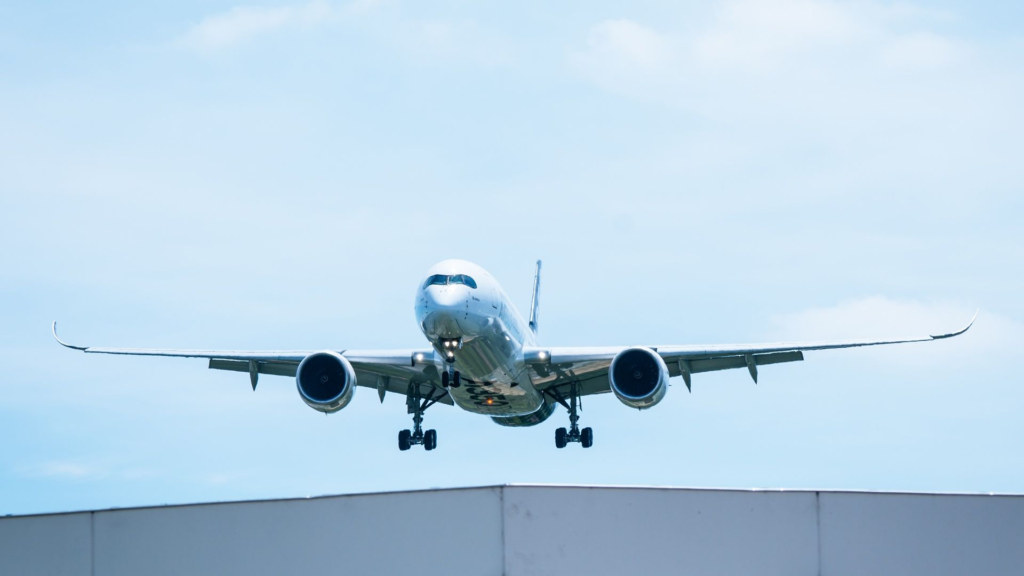The Abra Group has confirmed an order for 50 Airbus A320neo narrowbody twinjets, as well as following through on an existing Memorandum of Understanding for five widebody A350-900s. The holding company is known for controlling Avianca and Gol as well as investing in Wamos Air.
The order is a huge vote of confidence for Airbus from the group, which has also signed lease agreements for as many as seven next-generation widebodies from the A330neo family. Let’s take a look at the various components of these orders, and why they mark an important step forward.
Signed & Sealed
The Abra Group announced earlier today that it had added 50 Airbus A320neo orders to its existing order book of 88 aircraft, bringing its current total to 138. These will be delivered by 2032, with the first arriving later this year with an Airspace cabin. Bound for Avianca, this first aircraft will also feature exclusive premium seating in a four-abreast configuration that the airline developed in collaboration with Recaro.
Alongside this narrowbody order, the Abra Group has also confirmed an order for five A350-900 widebody twinjets. It initially signed an MoU for these modern twin-aisle aircraft back in July of 2024, and has now made the deal official with the confirmation of the order. Commenting on the various deals that it has tied up this week, Adrian Neuhauser, who currently serves as the CEO of the Abra Group, explained that:
“We continue to make the necessary investments aligned with our commitment to provide millions of people with greater access to air travel, consolidating our position as one of the largest and most competitive airline groups in Latin America.”
Lots To Offer
The Airbus A320neo and A350 families are two series of twinjets that, it is fair to say, have taken the world of modern commercial aviation by storm in recent years. The former has taken short-haul efficiency and comfort to another level while also unlocking longer flights through the development of specialized variants, while the latter has redefined ultra-long-haul travel by operating mammoth intercontinental services.
The Abra Group is a big fan of the A350, and reveres its “cutting-edge technologies, aerodynamics, lightweight materials and state-of-the-art engines that together offer a 25% advantage in fuel consumption, operating costs and CO₂ emissions.” The airline holding company was also keen to highlight the fact that the jet offers “a 50% noise reduction compared to the previous generation of competing aircraft.”
Meanwhile, the Airbus A320neo will play a key role for the Abra Group by bringing “an avant-garde interior that prioritizes comfort and space” to Avianca. The firm also credits “the new design of the window frames and side walls” as being a key factor behind the fact that “passengers will also enjoy a greater sense of spaciousness, complemented by dynamic lighting that adapts to the different phases of the flight.”
Up To Seven A330neos To Be Leased
Separately, the Abra Group has also tied up an agreement that will see it dry-lease as many as seven Airbus A330-900 widebody twinjets, with five tied down and a Letter of Intent signed for another two. It is seeking flexibility with these jets, and explains that “these units can be operated by the Group’s airlines according to market-driven operational and financial opportunities at the time of their integration.”
This could see the type flown by an interesting variety of carriers. Indeed, as well as its control of Avianca and Gol and its investment in Wamos Air, ch-aviation notes that the Abra Group also owns a start-up airline known as start-up NG Servicios Aéreos that specializes in ACMI operations.
The Abra Group is reportedly set to receive its leased Airbus A330-900 widebody twinjets in 2026, with the airline holding company keen to reap the rewards of the technological advances that set these aircraft apart from their predecessors. Indeed, the firm notes that “the A330neo reduces fuel consumption by 14% per seat compared with the A330ceo,” while also “cutting airport noise pollution by up to 60%.”





